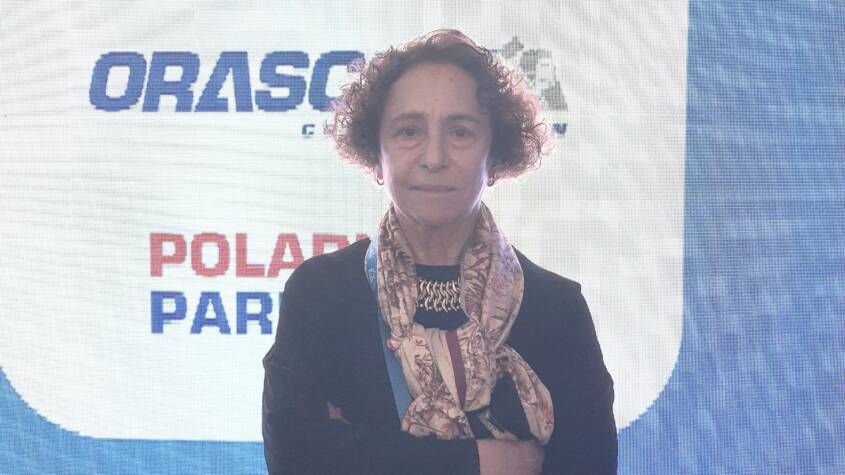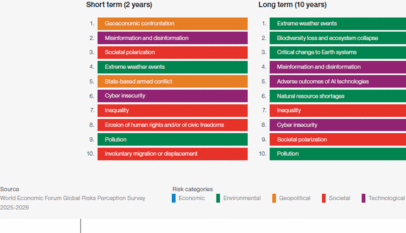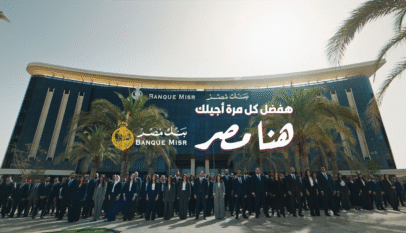ANA PALACIO
Former Foreign Affairs Minister of Spain, and
Visiting Professor at Georgetown University
Published in Project Syndicate,Nov 18, 2025
Since World War II, liberal democracies have built and sustained their social contracts on three mutually reinforcing pillars: freedom, prosperity, and the rule of law. If Europe is to thrive in the 21st century and continue to serve as a model of democratic values, it must reinvigorate all three.
BRUSSELS – The European Parliament Committee on Constitutional Affairs recently held a high-level symposium on the “Quest for the Rule of Law.” Legal scholars, academics, and practitioners gathered for an in-depth dialogue on the principle’s meaning and implementation within the European Union. But the challenge ahead is more fundamental: the rule of law is backsliding in Europe, jeopardizing democracy itself.
Since World War II, liberal democracies have built and sustained their social contracts on three mutually reinforcing pillars: freedom, prosperity, and the rule of law. Individual freedom unleashed innovative dynamism; the rule of law ensured a level playing field; and the resulting prosperity bolstered confidence in both. This dynamic shaped the Cold War, and it has been the European project’s primary source of legitimacy from the start.
Today, this system is in crisis. Far from “lifting all boats,” globalization has left many European households sinking rapidly. As wealth has become increasingly concentrated, and the middle class has been hollowed out, things previous generations took for granted, such as being able to afford housing on a full-time salary, are out of reach for many, especially young people. Upward social mobility looks increasingly like a chimera.
Without shared prosperity, freedom is perceived as a charade. A widespread sense that the social contract has been broken has undermined faith in the rule of law – a central function of which is to limit power – and fueled popular anger. Populist politicians, capitalizing on this growing frustration and resentment in many countries, have often used their power to weaken or politicize the judiciary. Meanwhile, EU institutions have often proven to be too fragmented or unwieldy to act decisively and efficiently, including when it comes to defending the rule of law.
The rule of law stands for more than codified rules. It is the principle that force must be subjected to reason – the highest expression of our endeavor to live together peacefully. In its absence, power is wielded arbitrarily, and freedom, disconnected from responsibility, is conflated with desire or identity. People demand the “right” to say anything, without being held accountable for its veracity or impact, and portray appeals to truth as attacks on freedom.
Technological advances are threatening to reinforce these destructive trends. Unless the right regulations are devised and implemented, AI is likely to enrich a lucky few, while limiting opportunities for the rest. Moreover, delegating governance to algorithms is no way to revive a social contract – or the democratic legitimacy it underpins. Add to that the growing weaponization of energy, data, infrastructure, and financial flows, and the challenges ahead will only intensify.
But, far from seeking to strengthen the rule of law to address these challenges, the rule of law is increasingly seen as the problem – and China’s authoritarian model as the solution. According to Dan Wang’s recent book, Breakneck: China’s Quest to Engineer the Future, China’s indifference to legal processes has enabled it to become an “engineering state,” capable of “fearlessly building megaprojects,” in contrast to America’s “lawyerly society,” which gets in its own way. “The US no longer has the rule of law,” lamented Niall Ferguson on a Hoover Institution podcast last month. “It has the rule of lawyers.”
In our fast-moving world, people want instant results, not messy debates and a thicket of rules, and China seems to deliver that. The Communist Party of China would certainly like us to think so, promoting its unique brand of state-capitalist authoritarianism as a superior model that others should emulate. China has also sought to create an alternative framework for international cooperation. In September, Chinese President Xi Jinping unveiled a new Global Governance Initiative, which promises sovereign equality, compliance with international law, a “people-centered” approach, and the delivery of “real results.”
But behind such appealing rhetoric is a bleak vision, in which law exists to serve authority, and freedom is dispensable. At a time of soaring inequality and declining accountability, democracy might seem like a small price to pay for efficiency and prosperity, and support for far-right politicians suggests that many Europeans are susceptible to this logic. But no one should downplay the loss of human rights this tradeoff implies. Nor should we forget that the hard-won values, systems, and solutions that are developed and entrenched through “messy” democratic processes are far more durable than those that are subject to authoritarian whims.
To resist this siren song, however, Europe must convert its regulatory experience into capacity for action, delivering a resilient energy architecture, robust security and defense capabilities, and industrial policy that does not penalize innovation. It must also pursue diplomacy that brings likeminded global actors together around shared principles and standards. Most fundamentally, it must restore and rebalance the three pillars of its social contract.
This will require an economy that creates opportunities for all, a politics that restores effective accountability, and a culture that recognizes freedom as inseparable from responsibility. Far from a matter of nostalgia, this is a prerequisite for future stability and progress. Only such a renewal can enable Europe to thrive and continue to serve as a model of democratic values.
التأمين المستدام . . كيف يمكن للقطاع أن يدعم القدرة على مواجهة تغير المناخ؟
بدأ تقرير الأخطار العالمية بالإشارة إلى أن عام 2026 يُمثّل بداية عصر التنافس نظراً لاستمرا…





















